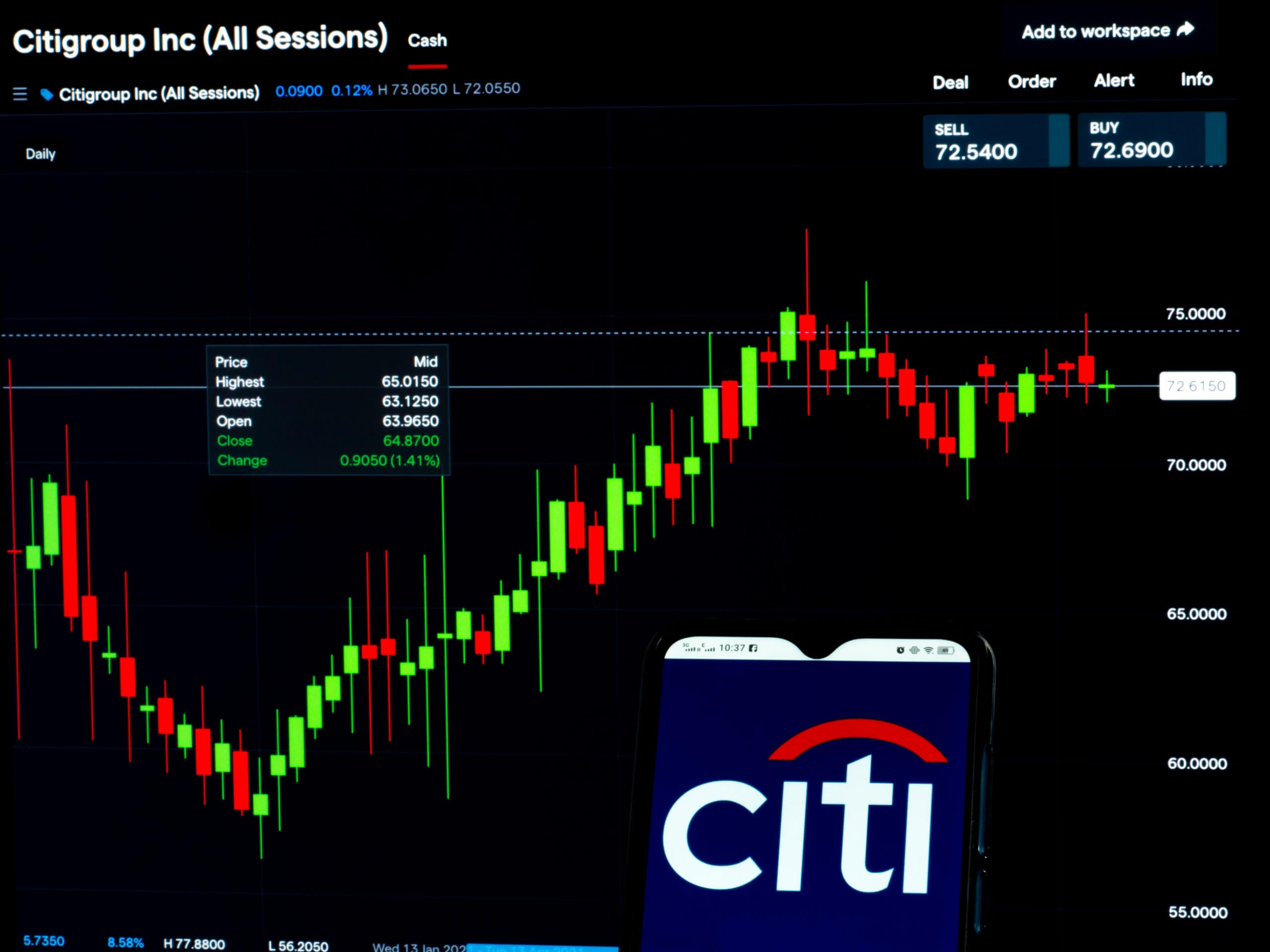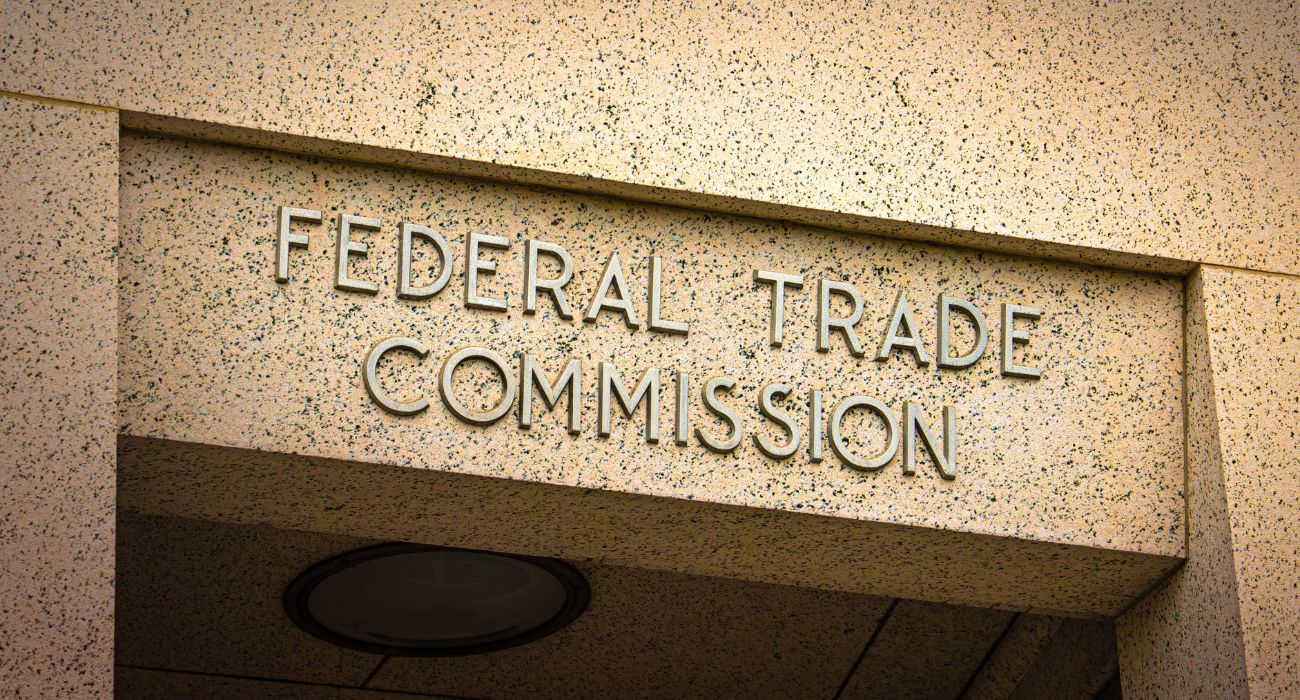An error made by one of Citigroup Inc.’s traders reportedly led to a “flash crash” in European stock markets on Monday.
“This morning (May 2) one of our traders made an error when inputting a transaction,” said Citigroup in a statement. “Within minutes, we identified the error and corrected it.”
The news came just hours after a sudden drop in the value of many assets, a phenomenon known as a “flash crash,” implying the event was triggered by human error.
Nordic stocks suffered dramatically, with Sweden’s OMX 30 falling 7.9% before recovering most of its losses to conclude the day 1.9% lower.
The STOXX Europe 600 index of Europe’s top shares dropped by 3% before finishing 1.5% lower.
Other shares from Germany to Italy and France experienced the loss as well, but they were able to recover their losses later.
David Augustsson, a Nasdaq Stockholm spokesman, stated that the issue was not due to a technological glitch on the company’s side.
“Our first priority was to exclude technical issues in our systems, and our second priority was to exclude an external attack on our systems,” said Augustsson. “We have now excluded both. It is very clear to us that the cause of this move in the market is a very substantial transaction made by a market participant.”
Several European markets were temporarily closed due to the rapid decline. The event depleted 300 billion euros ($315 billion) from the market in a matter of minutes at its peak.
Citigroup may suffer financial and reputational harm as a result of the miscalculation, as Nasdaq has stated that it will not cancel any deals completed on the Nordic exchanges.
This event is not the first time a significant error has occurred at the bank.
In 2020, a nearly $900 million interest payment was routed to Revlon Inc. debtors by a bank trader with the company rather than the targeted $8 million.







Sounds like Citi had poor internal controls in place since the transaction was able to be processed.